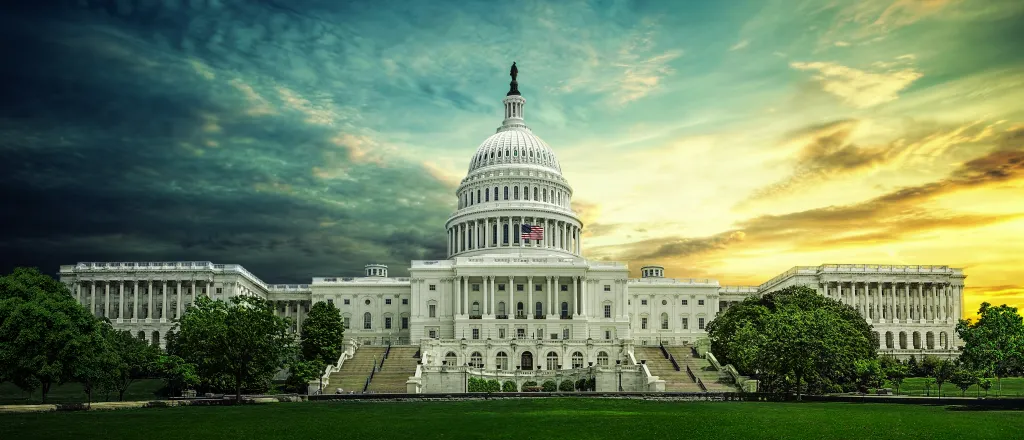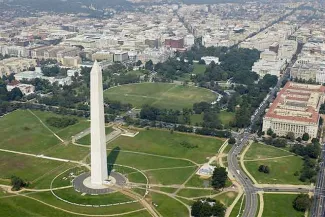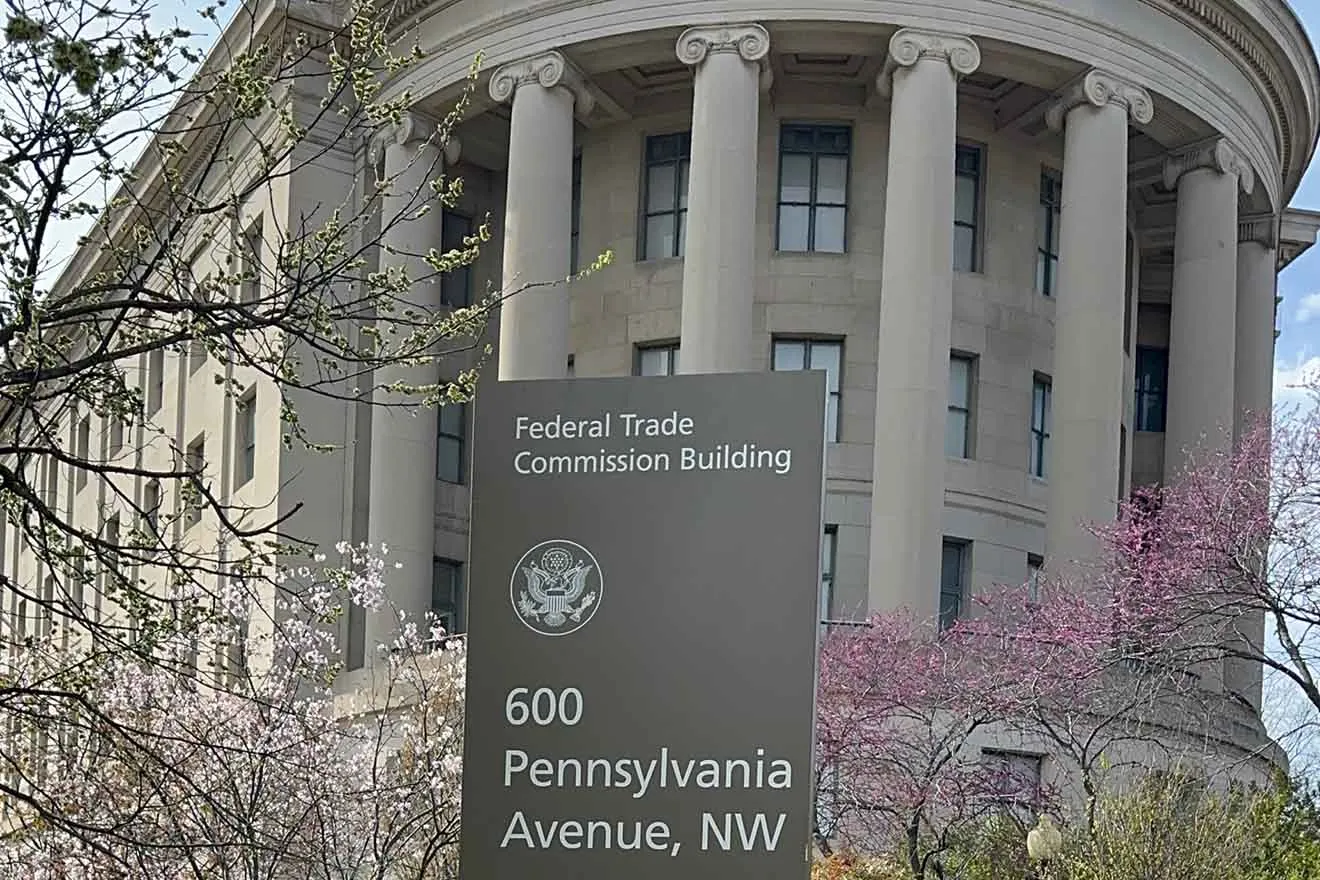
Congressional Democrats, civil rights leaders call for changes in the Senate filibuster
(Colorado Newsline) Democratic lawmakers and a coalition of civil rights leaders Tuesday urged Congress to reform the filibuster in order to pass voting rights legislation next Congress.
“Voting rights, succinctly put, are preservative of all other rights,” U.S. Senator Raphael Warnock, a Georgia Democrat, said at a press conference outside the U.S. Capitol.
Warnock was joined by Democratic U.S. Senator Amy Klobuchar of Minnesota and Representatives Joe Morelle of New York, Terri Sewell of Alabama and John Sarbanes of Maryland, as well as dozens of representatives of civil rights groups, including plaintiffs in voting rights lawsuits in South Carolina and Alabama.
They advocated for Congress to pass several pieces of legislation including:
- H.R. 14, which would restore a preclearance section of the Voting Rights Act that was gutted by a U.S. Supreme Court decision;
- S. 1, which would curb political spending in campaigns and modernize federal elections; and
- HR. 51, which would make the District of Columbia a U.S. state.
Another bill, H.R. 5008, is a voting rights act for Native Americans intended to help tribes access the ballot box.
The Senate filibuster means there is a 60-vote threshold required for almost all legislation. With Democrats in a slim majority, they have not been able to reach that number of votes for major legislation, from voting rights to gun safety.
Sewell is the sponsor of H.R. 14, named after the late Representative John Lewis, a Georgia Democrat who was a civil rights and voting rights champion. She called for reform of the filibuster.
“We know that it’s been stymied in the Senate by an archaic structural practice,” Sewell said of her bill, which the House passed when Democrats controlled the chamber.

Washington Monument - Wikimedia
Klobuchar said she is hopeful that Senate Democrats can convince their colleagues to change the rules to create an exception in the filibuster to pass voting rights legislation.
Two independent senators who oppose exceptions to the filibuster are Kyrsten Sinema of Arizona and Joe Manchin III of West Virginia. Neither is running for reelection.
“I’m excited about what the future holds in terms of what we’re gonna get done on these important pro-democracy bills,” Klobuchar said. “I want us never to give up heart.”
Sarbanes, who sponsored the House companion to S. 1, said that the path to passage of the four bills lies with the opportunity to challenge the “procedural path” of the filibuster.
“Everybody here is equipped and ready to take advantage of that clear day, that moment,” Sarbanes said. “We hope it’s coming soon. We believe it’s coming soon. We will be ready.”
Taiwan Scott, a plaintiff in Alexander v. South Carolina State Conference of the NAACP, a case now before the South Carolina Supreme Court regarding racial gerrymandering in South Carolina’s 1st Congressional District, said he and about 30,000 Gullah Geechee residents “were removed from my rightful congressional district and packed into one in a deliberate move to lessen our political power.”
The U.S. Supreme Court in May issued a 6-3 ruling tossing out the case brought on behalf of Scott, a Black Hilton Head Island resident who lives in the 1st District.
Gullah Geechee residents are descendants of enslaved Africans on the rice and cotton plantations on the lower Atlantic Coast. They have the only distinctly African Creole language spoken in the U.S. in the coastal areas of Florida, North Carolina, South Carolina and Georgia.
“The Gullah Geechee cultural heritage corridor, which Congress itself established, was meant to protect our culture, but instead of support, we find ourselves marginalized,” he said. “Our voices diluted, our representation weaker, even though three federal judges ruled in our favor … after an eight-day trial, the Supreme Court chose to disregard that decision, forcing us to live and vote under a racially gerrymandered map. This is why federal voting rights legislation is so critical.”
Colorado Newsline is part of States Newsroom, a nonprofit news network supported by grants and a coalition of donors as a 501c(3) public charity. Colorado Newsline maintains editorial independence. Contact Editor Quentin Young for questions: info@coloradonewsline.com. Follow Colorado Newsline on Facebook and X.
















